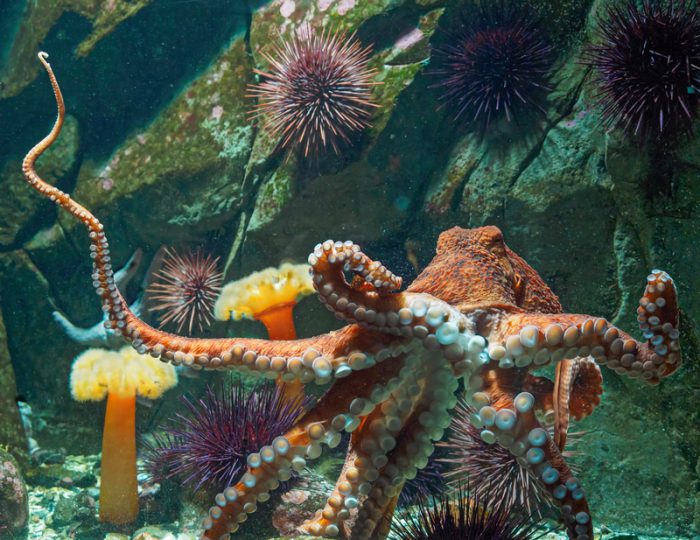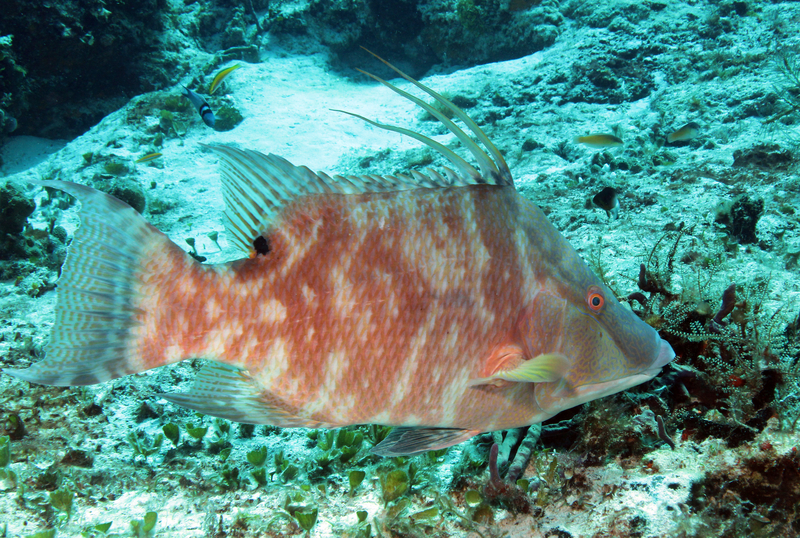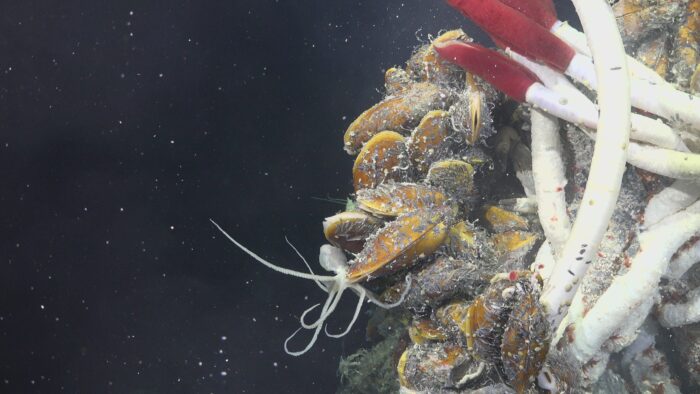The octopus is often talked about as a kind of earthly alien. Why? These animals — along with relatives like squid and nautiluses — are really like nothing else on Earth.
It's not just about how they look, which stands out enough from the animal kingdom's norms of four-legged fuzzballs or finned, streamlined swimmers. It's also about how their bodies work internally. They have no bones and no exoskeleton. (Which allows them to make some incredible escapes.) And their brains? Well, they're kind of all over the place.
Yes, an octopus has a brain. But unlike nearly all animals, that brain doesn't directly control everything the creature does. Scientists have recently proven that octopus arms can operate independently of the animal's brain.
Just in case that doesn't sounds strange, please allow us to confirm that it is. Quite strange indeed! Let's look at why...
Because your neurons said so, that's why!
The human brain has about 100 billion neurons in it! (Getty Embed)
In other animals (like us humans), the neurons are all situated in the brain. Neurons receive signals from nerves placed across the body. Everything that an animal sees, feels, tastes, touches, and hears is all sent to the brain's neurons. The neurons respond to these signals and then instruct the body on what to do.
Walk forward! Eat that cookie! Give Jimmy a hug! Duck!
All of this and so much more happens because of communication between nerves, neurons in the brain, and the muscles and tendons in the body.
Body brain
You're looking at eight independent thinkers up there... (Getty Embed)
How are octopuses different? They do have brains. And those brains have neurons. But they also have neurons all over their bodies, arranged in clusters called ganglia. Out of an octopus' 500 million neurons, around 350 million are found in these ganglia. So what is the advantage?
Thanks to research done at the University of Washington in Seattle it appears that octopus arms are capable of extra-quick thinking. They can respond on the fly to things that they feel, without having to check with the brain first.
The researchers describe how most vertebrates function as brain-down. Instructions come from our brain down to the rest of the body. But an octopus can work arm-up. The theory is that this allows them to move and react more smoothly and quickly in their environment. An advantage when you're working with eight arms instead of four!
Basically, octopus arms communicate with each other without the brain really needing to worry about what they're doing. Fascinating!
Arms in action
Are you as smart as an octopus arm? (Getty Embed)
Such unique intelligence is amazing to behold. It makes you wonder just how these creatures evolved the way they did. One thing that no doubt influenced the differences between them and us? Their habitat!
Some octopus and squid live in truly alien environments. Take the rarely seen giant squid. It lives in the darkness of the deep ocean — seeing one alive almost never happens. Which is why we want to share this amazing video with you. It's of a juvenile giant squid in the Gulf of Mexico, and it's the first time this creature has ever been seen alive in U.S. waters!
Enjoy!
 What are those arms thinking anyway? (© Pr2is | Dreamstime.com)
What are those arms thinking anyway? (© Pr2is | Dreamstime.com)










Cool! 😎
uh 😆
cool! octopuses are so interesting.
AWEOME 😛 😎
oh no I said AWEOME instead of AWESOME 😆
I Joyed the octopus story and it was nice and also it was difficult to read.